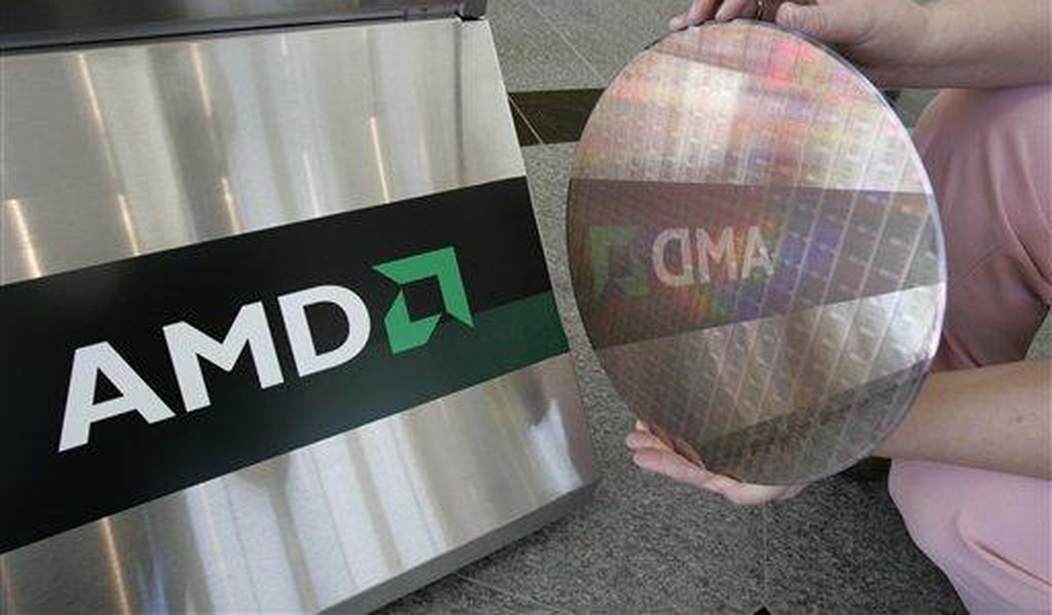In order for Russia to keep its stock of high-tech weapons from being used up it needs parts and high-tech machines that can only be bought in the United States. But since the invasion Russia hasn’t been able to purchase most of those parts, not from the US directly and not indirectly from suppliers in Europe. And that has created a problem.
There were reports as far back as May that Russia was pulling chips out of modern washing machines to use them in weapons found on the battlefield. By September Politico was reporting that Russia had put together a shopping list of parts it was running low on. But wherever there’s money there’s a way and today Reuters reports on some of the people helping Russia get around US-EU sanctions on high tech parts.
In March this year, a new firm appeared in Turkey’s corporate registry. Azu International Ltd Sti described itself as a wholesale trader of IT products, and a week later began shipping U.S. computer parts to Russia.
Business was brisk, Russian customs records show. The United States and the EU had recently restricted sales of sensitive technology to Russia because of its Feb. 24 invasion of Ukraine, and many Western tech companies had suspended all dealings with Moscow.
Co-founded by Gokturk Agvaz, a Turkish businessman, Azu International stepped in to help fill the supply gap. Over the next seven months, the company exported at least $20 million worth of components to Russia, including chips made by U.S. manufacturers, according to Russian customs records…
Azu International is an example of how supply channels to Russia have remained open despite Western export restrictions and manufacturer bans. At least $2.6 billion of computer and other electronic components flowed into Russia in the seven months to Oct. 31, Russian customs records show. At least $777 million of these products were made by Western firms whose chips have been found in Russian weapons systems: America’s Intel Corp, Advanced Micro Devices Inc (AMD), Texas Instruments Inc and Analog Devices Inc., and Germany’s Infineon AG.
Reuters bought shipping manifests which show that chips from all of these companies are winding up in Russia. When they showed the evidence to the companies they mostly just claimed they were complying with sanctions.
A spokesperson for Intel said the company is taking the findings “very seriously and we are looking into the matter.” The spokesperson said Intel adheres to all sanctions and export controls against Russia and “has a clear policy that its distributors and customers must comply with all export requirements and international laws as well.”
Similarly, a spokesperson for AMD said the firm “strictly complies” with all export regulations and has suspended sales and support for its products in Russia. “That includes requiring all AMD customers and authorized distributors” to stop selling AMD products into Russia.
Infineon, too, said that after the invasion, it “instructed all distribution partners globally to prevent deliveries and to implement robust measures that will prevent any diversion of Infineon products or services contrary to the sanctions.”
Texas Instruments said it has not shipped to Russia since the end of February. Analog Devices didn’t respond to requests for comment.
The US Dept. of Commerce told Reuters that Russia’s access to chips had been cut by about 70% since the start of the war in Ukraine. But the many efforts to sidestep sanctions are obviously cutting into that. In fact, imports of US semiconductors are up:
…the Reuters review of Russian customs data found that since the invasion, the declared value of semiconductor imports by Russia has, in fact, risen sharply. The spokesperson said the Commerce Department had analyzed different data and therefore couldn’t comment on Reuters findings.
The efforts to bypass sanctions aren’t even a secret in Russia where Reuters found one company that gives seminars to other businesses on how to get away with it:
In September, Novelco organized a seminar in Moscow for its clients on “how to find alternative ways to deliver goods” to Russia. In a 45-minute presentation entitled “Foreign trade tactics and strategies to compensate for sanctions,” Novelco’s chief executive, Grigory Grigoriev, urged companies to stockpile products and develop diversified pools of suppliers from more than one country.
Both the US and EU have been doing what they can to limit Russia’s sales of gas and oil to make it more difficult for Putin to keep the war effort going. But the other end of this is what Putin is doing with all of the oil and gas money he’s collecting. Here again, sanctions are meant to make it difficult for him to keep his arsenal stocked but there are just too many shady businesses willing to sidestep the sanctions in order to take Russia’s money.
It’s infuriating to think that Putin is still selling oil and gas to the world and using it to buy US parts to further the destruction and killing in Ukraine. There doesn’t seem to be any way to stop this except maybe to shame the companies who are supplying these parts into making some effort (something beyond “a strict policy”) to keep an eye on where they are going. Of course no one can ever put an end to grey markets for illicit goods but we shouldn’t let the perfect be the enemy of the good. These companies could probably make it a lot more difficult for Russia to bypass sanctions if they tried.









Join the conversation as a VIP Member